A Normal Israel?
Zionism has long based its claim to sovereignty on the universal right to national self-determination, and the phrase “like all other nations” has been incorporated into Israel’s Declaration of Independence, yet the goal of “normalization” has proven to be much more complicated than most early Zionists had thought.
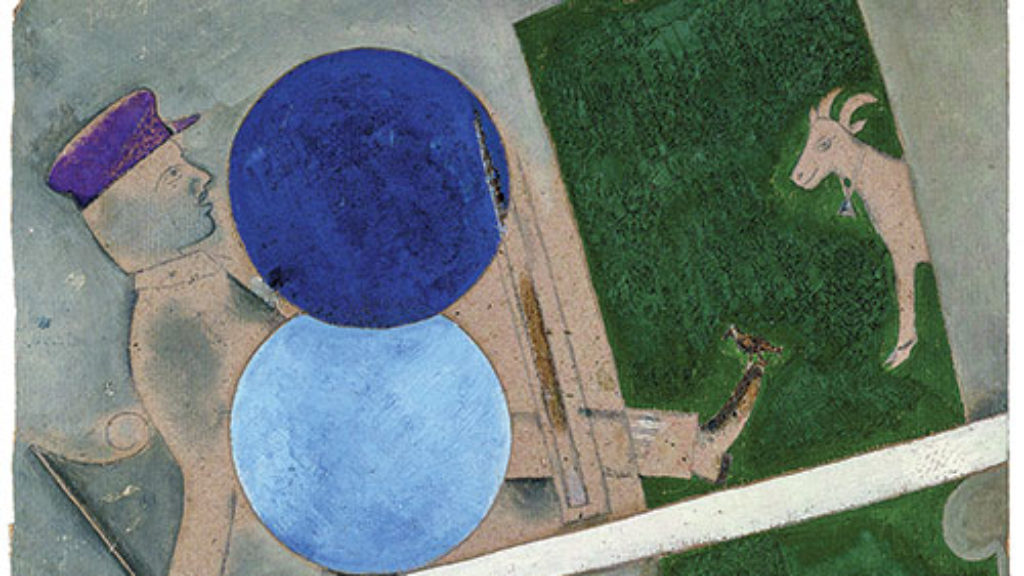
Art Over Vitebsk
After the revolution, Marc Chagall—somewhat implausibly—became plenipotentiary for the affairs of art in the province of Vitebsk. Against all probability, the avant-garde bloomed in a provincial Russian city dominated by Jewish culture.
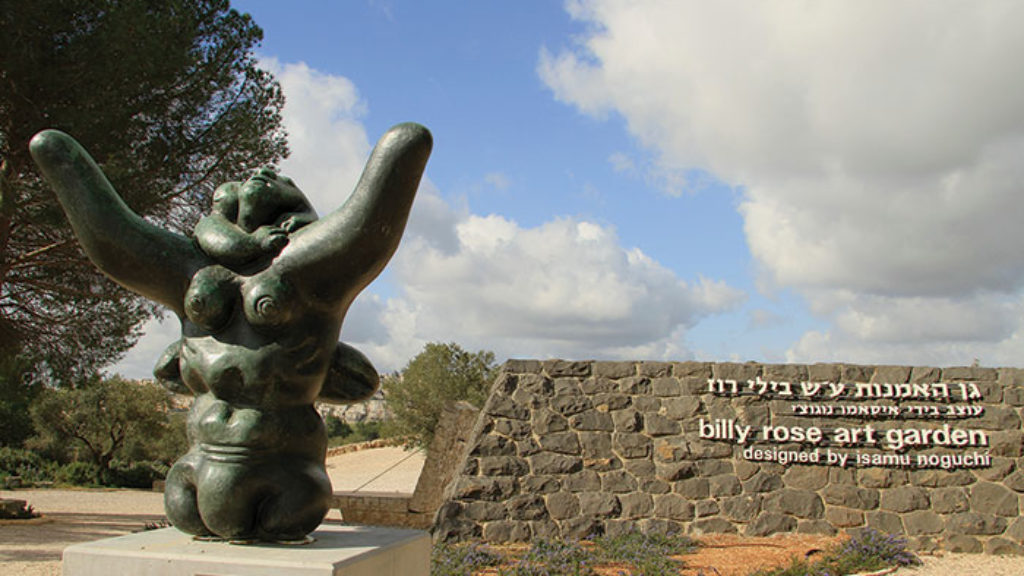
Bellow, Broadway Billy, and American Jewry
As Mark Cohen’s new biography reminds us, “Broadway” Billy Rose was America’s master showman for a quarter of a century. When a friend told Saul Bellow how Rose had saved a fellow Jew from an Italian prison in 1939 but refused to speak with him afterward, Bellow knew he had a story.
Letters, Fall 2018
The Melting Pot and the Cheshire Cat, Yom Kippur Dance, The Courts and the People, and More
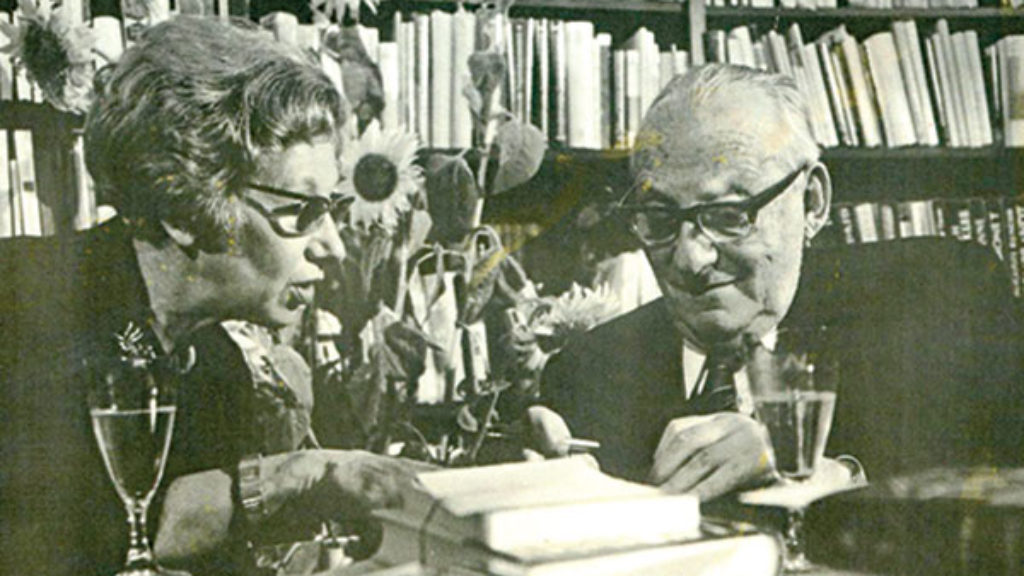
Lost from the Start: Kafka on Spinoza Street
Jerusalem-based writer Benjamin Balint has crafted a wise and eloquent study of Kafka around the eight-year battle in Israeli courts over Max Brod’s literary estate.
Lost in America
Two new books, different in tone but matched in caliber, show Israelis making their way as best they can in America and in life.
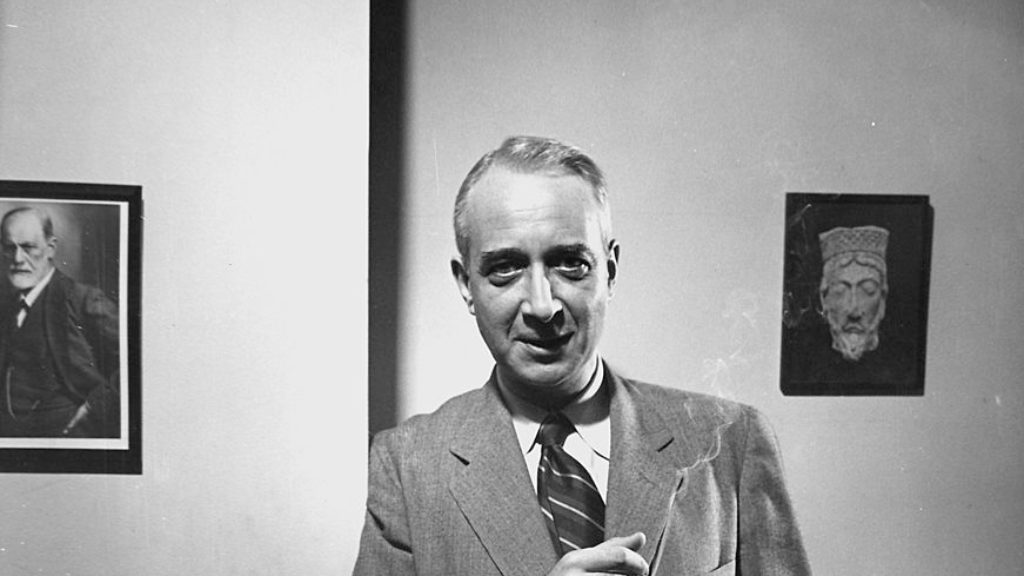
Man of Letters
Adam Kirsch’s judicious selection of Lionel Trilling’s letters throws instructive light on both Trilling’s life and American intellectual culture from the 1920s to the 1970s.

Mending Walls
Yoram Hazony's The Virtue of Nationalism is a brilliant achievement, at once learned and sharp, philosophical and politically engaged. It is also sure to be controversial.
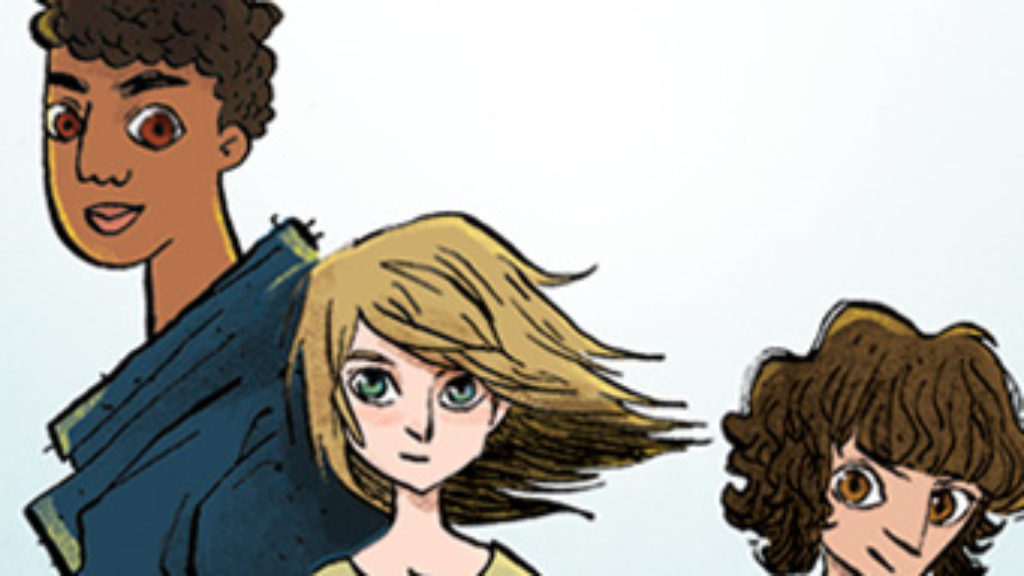
Talmuds and Dragons
Like the medieval literature to which it pays homage, The Inquisitor’s Tale weaves in supernatural events and divine interventions, mythic beasts and wild peoples, and even entrées into medieval theology, all liberally peppered with puns and potty humor.
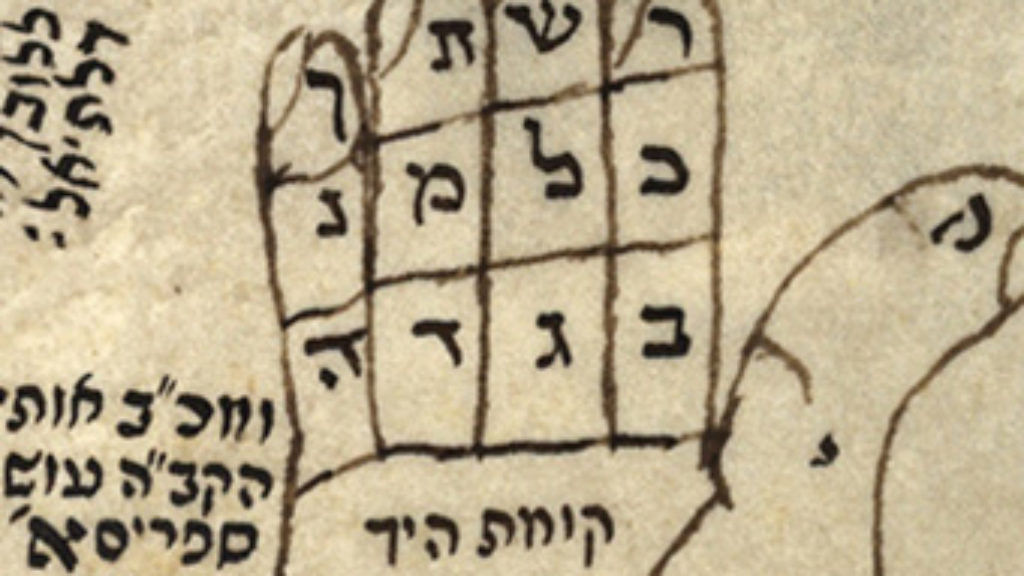
The Book of Radiance
Daniel Matt’s massive new English edition of the Zohar is not only a great translation, it is also one of the great commentaries on the classic work of Jewish mysticism. Insofar as it is possible, Matt has brought the unfathomable, mysterious, and poetic depths of this “book of radiance” to the English reader.